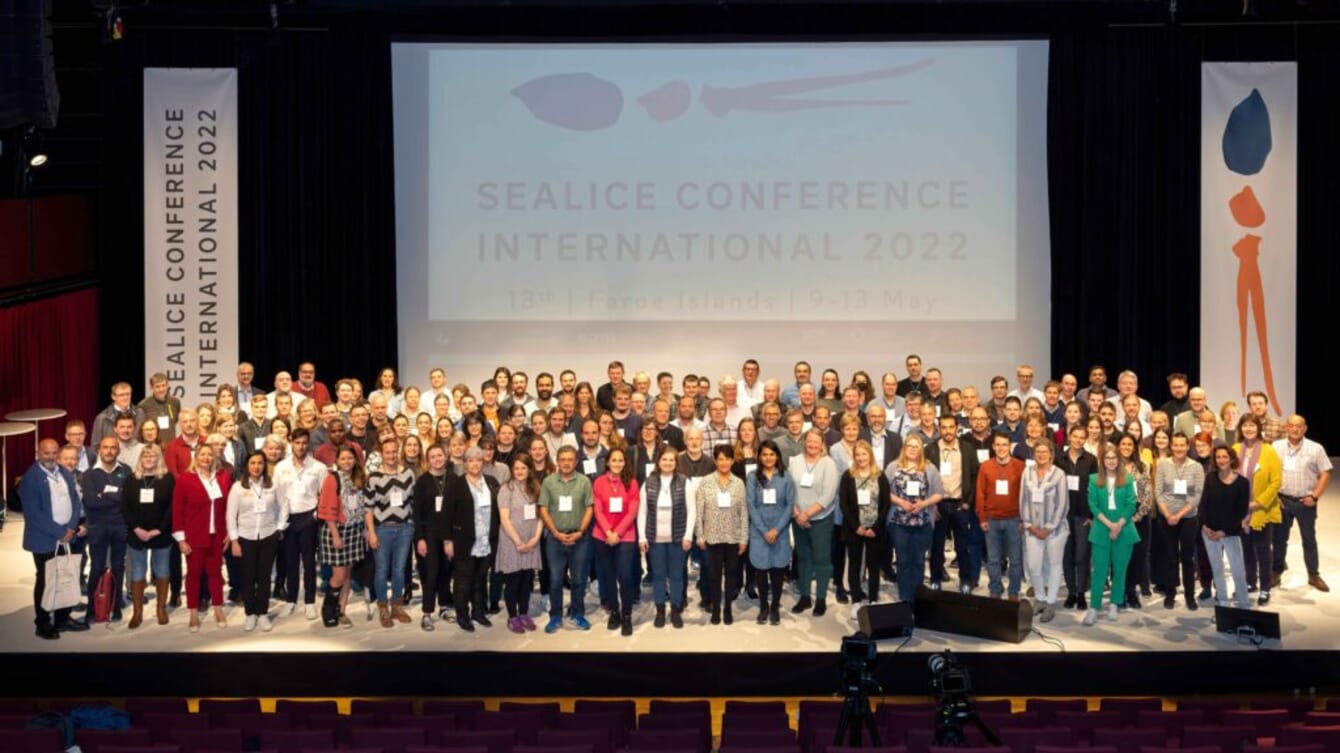
The conference will bring together leading international scientists, fish health practitioners and regulatory agencies to share research and exchange insights on the key biological and environmental factors associated with sea lice and their management.
The 2024 conference, which will be the 14th event since the 1992 inception of the series in Paris, sees the return of the International Sea Lice Conference to Scotland, after it was last held in Aberdeen in 2001. The decision-making process kicked off earlier this year during the 2022 summit, hosted by the Faroe Islands after a two-year Covid-19 delay. SAIC’s bid highlighted the growing role of Scottish aquaculture in serving the global need for sustainable protein and the importance of collaboration and knowledge sharing across the sector to tackle environmental and health challenges.
Planning for the conference is already underway, and it is expected that researchers travelling to Scotland will have opportunities to experience the aquaculture sector first-hand, with site visits and a range of sessions hosted by local and international experts on sea lice. Past events have featured a variety of research topics including the biology of sea lice, sea louse management, epidemiology and interactions with the environment.
Heather Jones, CEO of SAIC, commented: “It is great to see such an important global summit returning to Scotland, where our aquaculture sector is thriving and we have a wealth of leading academic expertise. In collaboration with other ‘Team Scotland’ organisations, SAIC is looking forward to welcoming representatives from the international academic community to share knowledge and new ideas about the management of sea lice, which is an ongoing focus for the sector as we continue to expand the economic impact of aquaculture while minimising its environmental footprint.”
Johanna Lava Køtlum, director at Fiskaaling and an organiser of the 2022 International Sea Lice Conference, added: “The success of this year’s conference is a reflection of the resilience and determination of the aquaculture community, who embraced the opportunity to get together again in-person after Covid. I have no doubt that the Scottish hosts will continue to build on that momentum and create an engaging conference programme that will showcase academic and industrial expertise and help to forge crucial partnerships in support of our growing sector.”
Professor James Bron from the University of Stirling’s Institute of Aquaculture, a member of the International Sea Lice Conference scientific committee, added: “This event brings together academics, industry representatives and other global stakeholders to share research, best practice and new developments, which can ultimately boost our understanding of sea lice and enable us to deal sustainably with some of the associated issues. In developing the programme, the scientific committee will be drawing on expertise from UK, Norway, Chile, Canada, Faroe Islands, the USA and other seafood-producing regions to ensure an internationally relevant programme and provide delegates with valuable global insights.”



